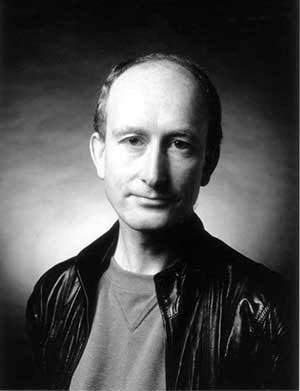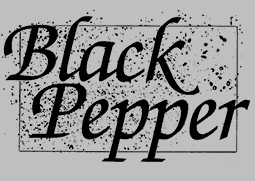|
|
Andrew Sant

| Published titles : | Album
of Domestic Exiles Russian Ink Tremors, New and Selected Poems Fuel The Bicycle Thief & Other Poems |
His books include Toads: Australian Writers: Other Work, Other Lives (1992) and (with Michael Denholm) First Rights: A Decade of Island Magazine (1989).
His poetry titles are Lives (1980), The Caught Sky (1982), The Flower Industry (1985), Brushing the Dark (1989), Album of Domestic Exiles (1997), Russian Ink (2001), The Islanders (2002), The Unmapped Page; Selected Poems (2004), Tremors, New & Selected Poems (2004), Speed & Other Liberties (2008) amd Fuel (2009). The Bicycle Thief (2013) is his latest book, published by Black Pepper (Picaro Press published a chapbook with an earlier version of the title poem, The Bicycle Thief, in 2010) .
If, as has been said, Sant is ‘an important,
innovative poet’ with a ‘penetrating
eye for the geometries of meaning’, it is because whatever
his subject, the
vision it draws out of him is there to be had and the subject, like the
insight, has come as naturally to him as leaves are to trees.
Elizabeth Knottenbelt - Agenda (UK

